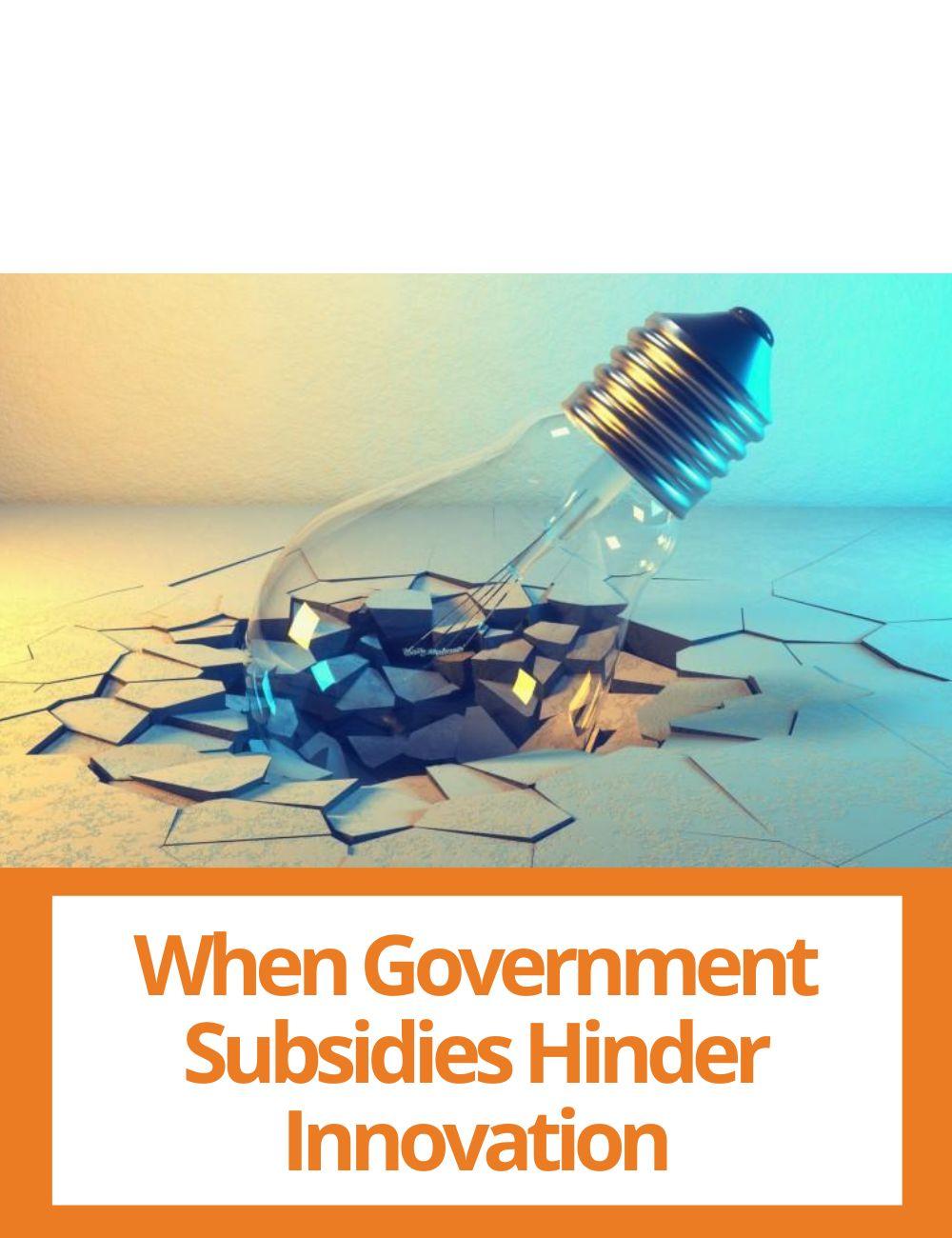
Beyond Bonuses: Prosocial Initiatives and Employee Retention
Economics has long studied the relations between shareholders and employees. According to the classical economic paradigm, the company should increase employees' monetary incentives to improve their performance. For example, shareholders can distribute performance-based bonuses at the end of the year. However, as Prof. Oriana Bandiera (London School of Economics) pointed out during her IGIER seminar Beyond Bonuses: The Incentive Effect of Prosocial Initiative on Bankers a firm is more than just a principal and an agent; it contains people who interact and cooperate. Moreover, the main challenge for firms is to retain employees to limit the costs of training new hires. Therefore, more than focusing on individual performance is required. Indeed, it is also essential to consider employees' well-being and ensure they feel in line with the company's values, so they do not quit their jobs. To investigate the effects of incentivizing pro-social behavior within a firm, Prof. Bandiera studied the introduction of pro-social events within an international bank. The intervention studied is the introduction of an online platform for volunteering options arranged and financed by the bank itself. This platform allows employees to volunteer for two working days a year. It represents a cost approximating 1% of the total wage bill, which includes the costs of running the platform and the wages paid during the volunteering leaves. The share of employees volunteering through the program varied over time, reaching up to 25%.
To study these effects, Prof. Bandiera focused on subjective performance scores, quiet quitting rates, and exit rates. The preliminary statistics show that employees who perceive their work as having a low social impact tend to be less performant, want to quit their job more, and exit more. Note that, before the introduction of the platform, although this bank could be considered very good regarding textbook incentives - monetary incentives, bonuses -, its employees had low job satisfaction.
To obtain some insights into the mechanisms, the research team studied a model that considers the firm to be made up of workers differing in ideology and outside option - the value they can get by quitting their job. Based on these characteristics, each worker will choose their level of effort, which will increase as the perceived difference between the worker's ideology and the firm's ideology decreases. The intervention affects beliefs about the bank's ideology and possibly workers' ideology.
According to this model, the intervention will improve the fit for some employees who will exert more effort. Still, it will also worsen the fit for others who will either exit or drop effort depending on their outside option.



To measure these effects, the research team varied the exposure to the intervention among workers; they controlled the flow of information concerning the platform that each worker received. Furthermore, they performed these variations on three levels: individual, team, and office, to control possible peer effects and spillovers.
The results show that, on average, the more employees are exposed to information about the platform's existence, the more they perform. They also show that employees tend to exit and quiet quit less when informed about the platform. Moreover, exploiting the different levels of variations, the research team has demonstrated substantial social/peer effects. Therefore, treating one individual per team yields the most effective results, given that it also reduces the total number of emails sent, which can represent a lot in a company.
Note that the effect measured encompasses two sub-effects. On the one hand, introducing the platform induces a change in people; that is, people not feeling in line with the new policy will leave and be replaced by people who do. On the other hand, introducing the platform induces a change in behavior, which is a combination of people feeling more in line with the company - they should exert more effort - and people feeling less in line with it but not exiting - they should report a worse fit and reduce effort.
On a narrower scale, looking at the different kinds of employees, the research team found that top-paid individuals felt less in line with the firm's ideology after the intervention, resulting in decreased performance and an increased likelihood of quietly quitting. Nevertheless, the intervention positively impacted employees in lower pay grades regarding fit and performance.
However, the total effect of the intervention remains unclear as the firm's success may depend more on the performance of the top-paid employees, even though there are more employees in the lower pay grades.
In summary, there is no one-size-fits-all approach to incentives, as different employees have different needs and preferences. Top-paid employees may respond better to monetary rewards, while those in lower pay grades may value pro-social incentives more.
Prof. Bandiera concludes by noting that the Covid-19 pandemic has made employees realize that the workplace may not be a place they want to work in. While supporting pro-social activities may reduce the fit and performance of top-paid employees, it may be necessary to prevent the turnover of employees in lower pay grades.